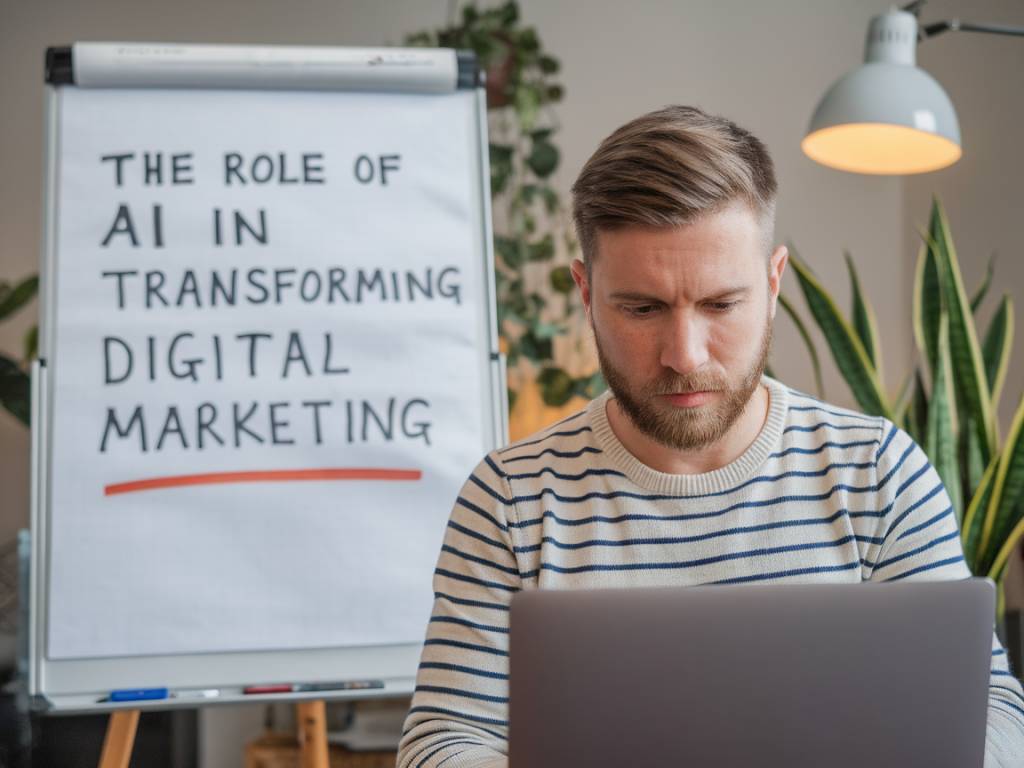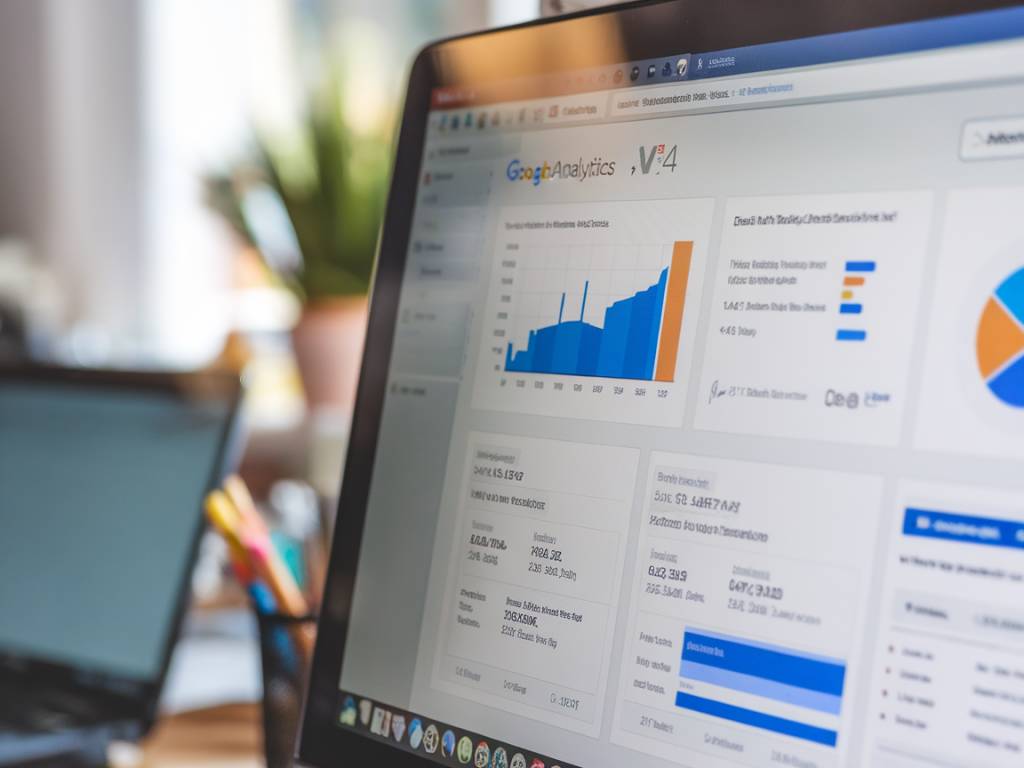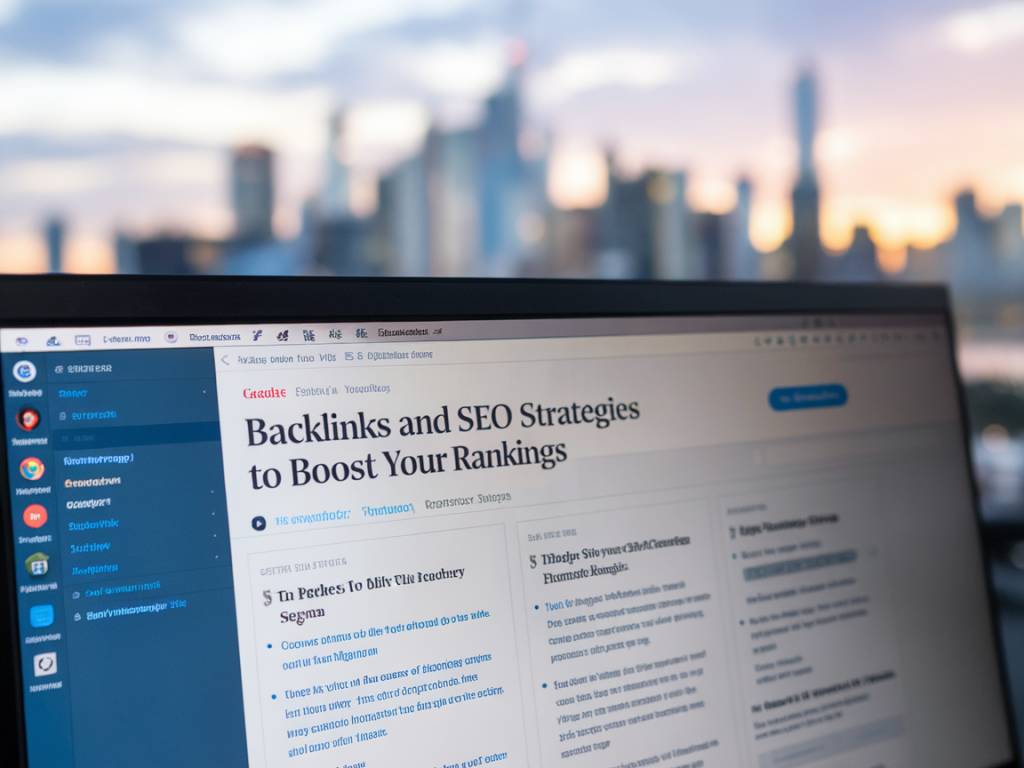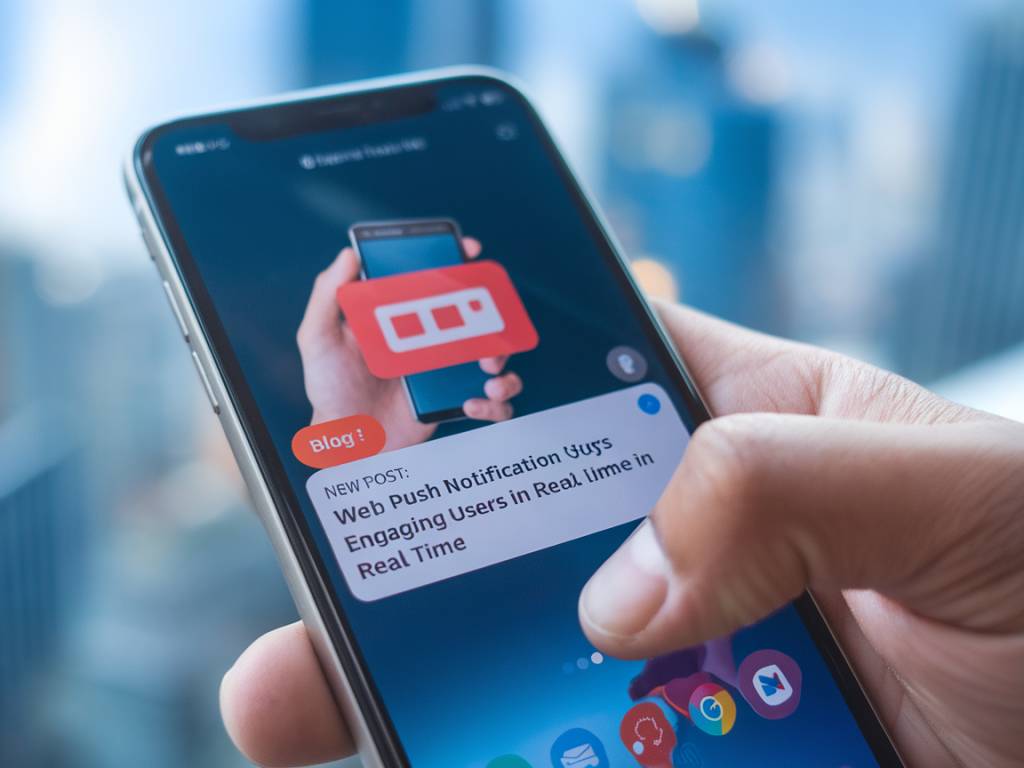The Game-Changer: AI in Digital Marketing
Artificial Intelligence (AI) is no longer a futuristic concept reserved for tech enthusiasts or sci-fi movies. It’s here, and it’s reshaping industries left and right. One sector where AI is making particularly bold moves? Digital marketing. If you’re in the business of reaching customers online, AI is your new best friend—or at least it should be. But what exactly is AI doing for marketers, and why is it such a transformative tool?
Why AI Matters in Today’s Marketing Landscape
Let’s face it: the digital marketing world is evolving at breakneck speed. Consumers expect personalized experiences, delivered instantly, and on the right platforms. For marketers, meeting these expectations is no small feat. Enter AI.
AI excels at analyzing data, automating tasks, and making predictions—quickly and accurately. This technology has become the secret ingredient for businesses looking to outpace competitors while keeping their marketing strategies scalable and efficient. Sound too good to be true? It’s not.
How AI Is Redefining Digital Marketing
Hyper-Personalization
Have you ever received a product recommendation that felt eerily spot-on? That’s AI at work. AI-powered tools analyze customer behavior, purchase history, and even browsing patterns to deliver highly personalized content. Think Netflix suggesting your next binge-watch or Spotify building a playlist just for you.
For marketers, this means moving beyond generic email campaigns and embracing tailored messaging that truly resonates with their audience. When every interaction feels personal, consumer trust and loyalty skyrocket.
Chatbots: The New Customer Service Heroes
Gone are the days of waiting hours—or even minutes—for a customer service response. AI-driven chatbots are now handling a significant chunk of online interactions. Available 24/7, they provide instant answers to frequently asked questions, guide users through processes, and even close sales.
Anecdote: Sephora, the global beauty brand, leverages AI chatbots that not only assist customers with inquiries but also recommend products based on individual preferences. The result? Happier customers and boosted sales.
Predictive Analytics: Marketing Based on Data, Not Guesswork
Imagine knowing what your customers want before they do. With predictive analytics powered by AI, that’s not just wishful thinking—it’s reality. AI tools sift through historical data to forecast trends, identify potential leads, and predict customer behaviors.
This allows marketers to allocate resources more effectively and fine-tune their strategies. For instance, e-commerce retailers can predict which products are likely to sell out during a specific season and adjust their inventory—and advertising efforts—accordingly.
Content Creation, But Smarter
Yes, even content creation has evolved thanks to AI. Tools like Jasper and ChatGPT (you’re reading this courtesy of AI!) can generate text quickly and effectively. They can write blog posts, ad copy, product descriptions, and even social media posts.
Does this mean marketers are being replaced? Not at all. Instead, AI serves as a creative assistant, handling repetitive tasks and freeing up time for strategists to focus on big-picture ideas. It’s not a replacement for human creativity; it’s an enhancement.
AI-Powered Advertising: Smarter Investment, Better Results
One of the biggest challenges in advertising is ensuring you’re putting your money in the right places—and AI is flipping the script on traditional ad strategies. With programmatic advertising, AI buys and places ads in real-time, targeting the right demographic at the right time. This automation ensures maximum ROI and minimizes wasted spend.
An example? Google Ads leverages machine learning to optimize bidding strategies and help advertisers achieve their goals, whether it’s clicks, conversions, or impressions. And it doesn’t stop there; platforms like Facebook and Instagram also use AI to fine-tune ad targeting like never before.
The Ethical Questions Around AI
It’s not all sunshine and rainbows. With great power comes great responsibility, and the rise of AI in marketing has sparked important ethical discussions. How much data is too much data? Are we invading consumer privacy to deliver personalized experiences?
Marketers must ensure they’re using AI responsibly. Transparency in how data is collected and used isn’t just a legal requirement—it’s a trust-building exercise. The brands that put consumer privacy at the forefront will be the ones that thrive in this AI-driven landscape.
How to Get Started with AI in Your Marketing Strategy
Feeling inspired to integrate AI into your digital marketing efforts? Here’s a quick checklist to get you started:
- Assess Your Needs: Identify the areas in your marketing funnel where AI could make the most impact, whether it’s ad targeting, customer service, or content creation.
- Start Small: Begin with simple AI tools like chatbots or email automation before diving into advanced predictive analytics.
- Educate Your Team: Ensure your team understands how to use AI tools effectively. Training and resources go a long way.
- Monitor and Adapt: AI is powerful, but it’s not infallible. Regularly review your results and fine-tune your strategy as needed.
The Future of AI in Digital Marketing
AI is far from a passing trend. As the technology continues to evolve, so will its applications in digital marketing. From voice search optimization to virtual reality ad campaigns, the possibilities are endless. The businesses that embrace AI now will undoubtedly stand out in their industries—and those that don’t risk falling behind.
So, the question for marketers isn’t whether to use AI—it’s how fast you can start. After all, in the fast-paced world of digital marketing, waiting too long could mean playing catch-up for years to come.




